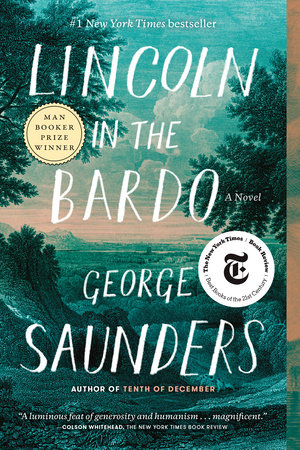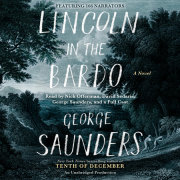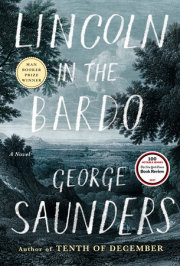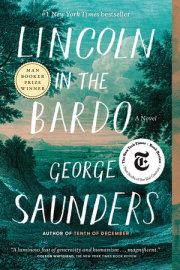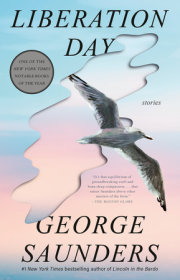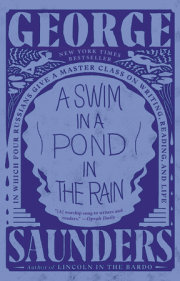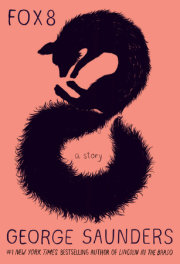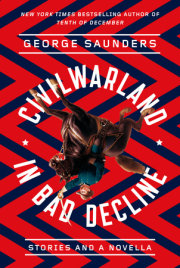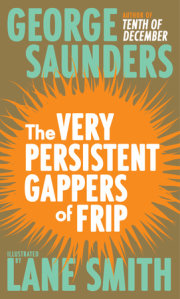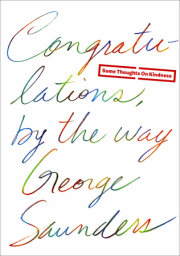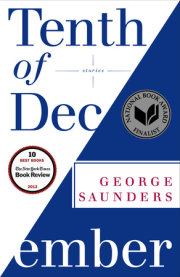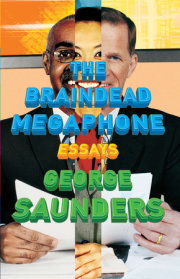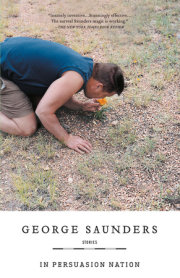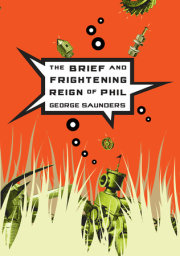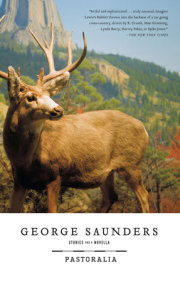XXI.
Mouth at the worm’s ear, Father said:
We have loved each other well, dear Willie, but now, for reasons we cannot understand, that bond has been broken. But our bond can never be broken. As long as I live, you will always be with me, child.
Then let out a sob
Dear Father crying That was hard to see And no matter how I patted & kissed & made to console, it did no
You were a joy, he said. Please know that. Know that you were a joy. To us. Every minute, every season, you were a—you did a good job. A good job of being a pleasure to know.
Saying all this to the worm! How I wished him to say it to me And to feel his eyes on me So I thought, all right, by Jim, I will get him to see me And in I went It was no bother at all Say, it felt all right Like I somewhat belonged in
In there, held so tight, I was now partly also in Father
And could know exactly what he was
Could feel the way his long legs lay How it is to have a beard Taste coffee in the mouth and, though not thinking in words exactly, knew that
the feel of him in my arms has done me good. It has. Is this wrong? Unholy? No, no, he is mine, he is ours, and therefore I must be, in that sense, a god in this; where he is concerned I may decide what is best. And I believe this has done me good. I remember him. Again. Who he was. I had forgotten some- what already. But here: his exact proportions, his suit smelling of him still, his forelock between my fingers, the heft of him familiar from when he would fall asleep in the parlor and I would carry him up to—
It has done me good.
I believe it has.
It is secret. A bit of secret weakness, that shores me up; in shoring me up, it makes it more likely that I shall do my duty in other matters; it hastens the end of this period of weakness; it harms no one; therefore, it is not wrong, and I shall take away from here this resolve: I may return as often as I like, telling no one, accepting whatever help it may bring me, until it helps me no more.Then Father touched his head to mine.
Dear boy, he said, I will come again. That is a promise.
willie lincoln
Copyright © 2017 by George Saunders. All rights reserved. No part of this excerpt may be reproduced or reprinted without permission in writing from the publisher.

